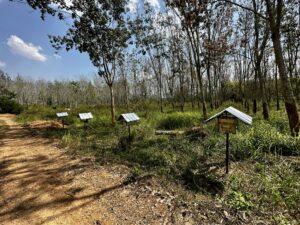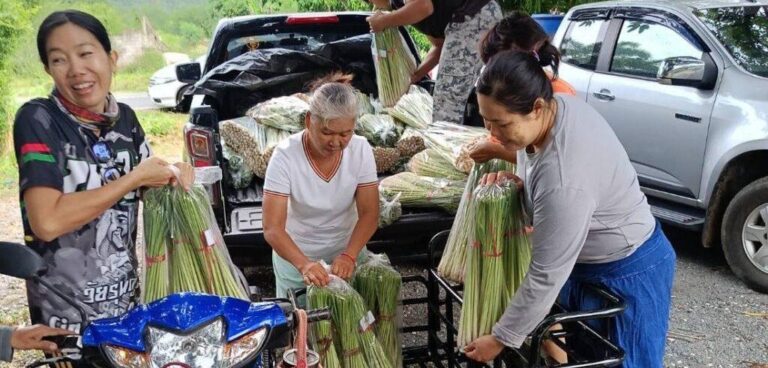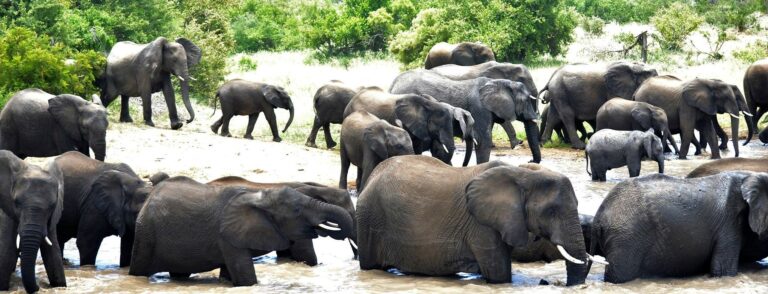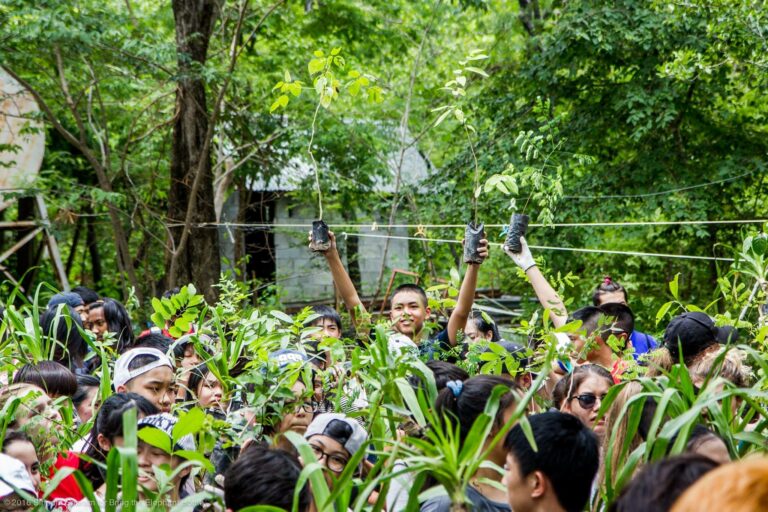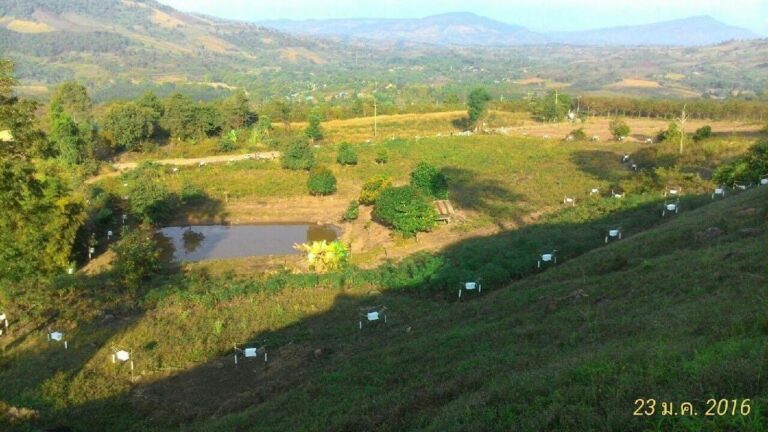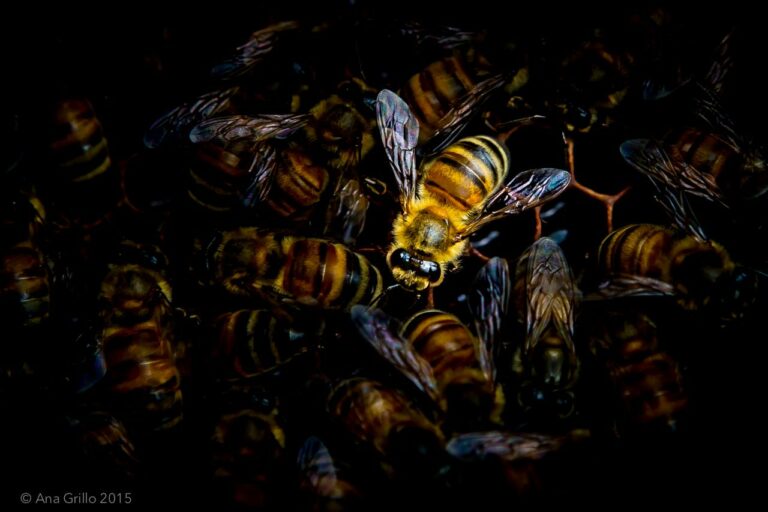สิ่งที่เราต้องทำ
มูลนิธิพาช้างกลับบ้าน (Bring The Elephant Home) ต้องการส่งเสริมความเป็นอยู่ที่ดีและการอยู่รอดของช้างแอฟริกาและเอเชีย สนับสนุนความประสิทธิภาพทางสังคมและสิ่งแวดล้อมในชุมชนที่อยู่ร่วมกับช้าง และพยายามสร้างสภาพแวดล้อมที่ช้างและคนอยู่ร่วมกันได้อย่างมีความสุข แนวทางการทำงานของเราเน้นที่การอนุรักษ์ที่มีชุมชนเป็นผู้นำ BTEH ก่อตั้งในปี 2004 โครงการของเราจะเน้น การตัดสินใจร่วมกัน ความยั่งยืน ความเท่าเทียม และการร่วมมือกันเป็นพื้นฐานของการทำงาน
เราส่งเสริมวิธีแก้ปัญหาที่มีหลักฐาน ซึ่งสามารถทำให้เกิดการอยู่ร่วมกันระหว่างคนกับช้างผ่านการขยายพื้นที่ การฟื้นฟูที่อยู่อาศัย และการสนับสนุนเกษตรกรในการดำรงชีวิตและการพื้นที่ที่เป็นมิตรกับช้าง ก่อให้เกิดประโยชน์ต่อคน ช้าง และระบบนิเวศ
เพื่ออนาคตของช้าง!
ช้างเป็นสัตว์ที่มีสำคัญในระบบนิเวศอย่างมาก ช้างช่วยกระจายเมล็ดพันธุ์ รักษาทุ่งหญ้า และหาแหล่งน้ำ ซึ่งทั้งหมดนี้มีความสำคัญต่อการอยู่รอดของสัตว์อื่นๆ ภารกิจของ Bring The Elephant Home คือการเพิ่มโอกาสในการอยู่รอดของช้างในธรรมชาติและพยายามสร้างสภาพแวดล้อมที่คนและช้างสามารถเจริญเติบโตได้ด้วยกัน โดยได้รับประโยชน์ร่วมกัน
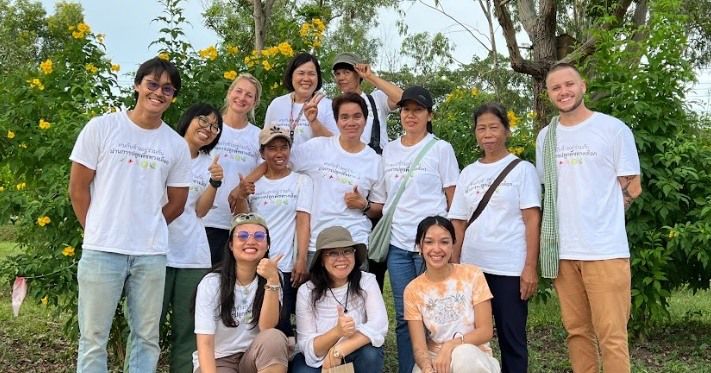
เราต้องการความช่วยเหลือจากคุณ
เราพร้อมร่วมงานกับ อาสาสมัคร ผู้บริจาค และผู้สนับสนุนสำหรับโครงการของเราเสมอ โปรดพิจารณาเข้าร่วมโครงการของเราหรือสนับสนุนภารกิจของเราโดยการบริจาค คุณสามารถติดตามข่าวสารล่าสุดได้ที่นี่
ทีมงานของเรา
มีอะไรมากมายที่ต้องทำสำหรับโครงการต่างๆ ของเราทั่วโลก เรายินดีร่วมงานกับทุกภาคส่วนเพื่อขับเคลื่อนสิ่งที่เราทำ! ข้อมูลเพิ่มเติม: support@bteh.org. พบกับทีมงานของเรา!
Our projects
พวกเราต้องการแรงสนับสนุนจากคุณ
เพื่ออนาคตของช้าง
ร่วมสนับสนุนการทำงานเพื่อช้าง ข่าวสารล่าสุด
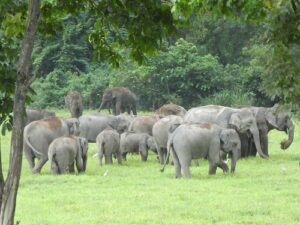
รายงานประจำปี 2567
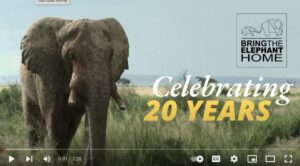
วีดีโอ 20 ปี BTEH!
